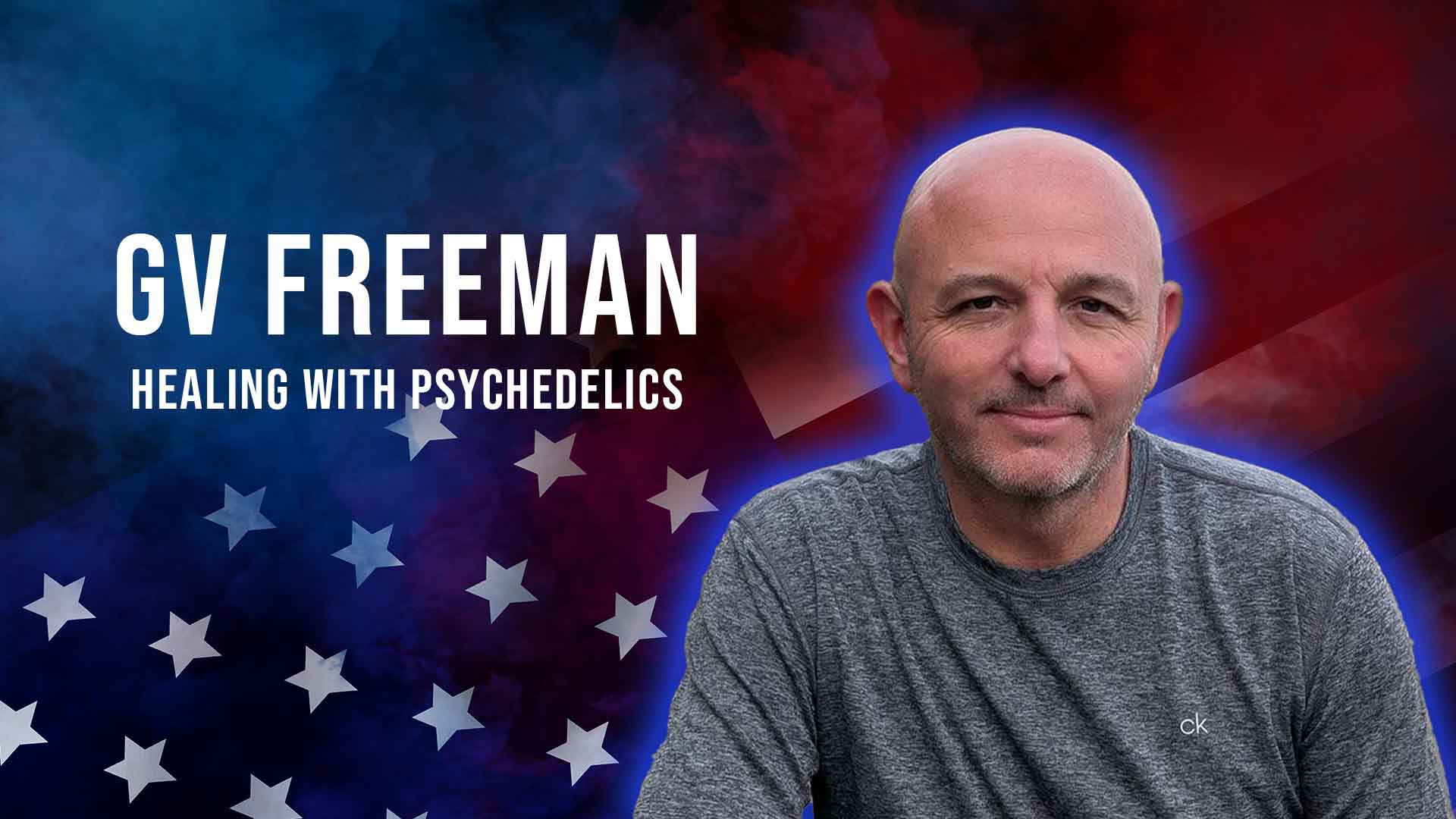“Don’t worry about it when you get out; there are so many companies out there that will hire you specifically just for being a veteran.”Perhaps you or someone you know has heard someone utter those words, or something closely related. I know I did. So did a lot of other guys I’ve spoken to. Then the reality sets in. Many veterans don’t find themselves with much of an advantage over non-veterans when it comes to securing gainful employment, even when it seems more and more employers are positioning themselves as sympathetic towards veterans. Ever wonder why?Let’s take a closer look at this phenomenon known as “veteran-friendly employers.” Every company out there regardless of geographic location, or industry is in business for one thing: to make money! These organizations are also aware that consumers today are far more educated, and demand much more of the companies they choose to do business with, as they should.
Corporate Social Responsibility

First, it is critical we understand what CSR (Corporate Social Responsibility) is, and how it plays an enormous role with organizations interested in positioning themselves as veteran-friendly.Social Responsibility is an ethical framework and suggests that an entity, be it an organization or individual, has an obligation to act for the benefit of society at large. In other words, social responsibility is a duty for every individual, expected to perform so as to maintain a balance between the economy and the ecosystems (whatever those might be).Business News Daily wrote a great article called “22 Great Examples of Socially Responsible Businesses,” by Nicole Fallon Taylor. In this article she states:
“Many businesses recognize the importance of being socially and environmentally conscious, and will often advertise charitable initiatives, such as annual fundraisers for a cause, or a volunteer project their staff worked on. But companies that incorporate social responsibility into their business model prove that a dedication to these initiatives goes a long way, both for the cause and their reputation.”
According to National Center for Veterans Analysis and Statistics of the U.S. Department of Veteran Affairs, we are expected to yield an estimated 3,178,426 post 9/11 veterans by September 2017. This is more than the entire population of Utah.

The American people are by and large a very patriotic bunch, and with over 3 million post-9/11 veterans, it’s not a very far stretch to say that most Americans know or are related to at least one of them. With so many veterans entering the workforce in the last 16 years, and the millions more that are related, it has become a hot button issue. Now organizations include hiring veterans to the long list of socially and environmentally conscious activities it performs.
Hiring Veterans

All of a sudden, hiring veterans is more than just a noble endeavor by worthy employers, now, hiring veterans is expected, and in a lot of cases “A MUST” if they want to stay competitive in today's market. There are many facets to corporate social responsibility including environmental efforts, philanthropy, ethical labor practices, volunteering, and now… hiring veterans. At face value, this sounds like a terrific opportunity for veterans right? Unfortunately, this has the reverse negative effect. Now, instead of genuinely concerned sympathetic employers looking to do the right thing by the men and women that gave so much in the service of their country, now, every company in every industry is playing that card in the big game of life. This makes finding legitimate veteran-friendly employers extremely difficult! It’s not like you can sit across the table from a hiring manager and ask them if their company cares about hiring veterans, or if they just post it on their website and social media profiles to “keep up with the Jones.”There are entire websites and organizations established to highlight and advertise veteran-friendly employers. Some include:Military FriendlyJob-HuntVet Central The list of resources providing this type of information is virtually endless.

Forbes even wrote an article in 2014 showcasing a short list of employers that fit the bill. “The Top 100 Military Friendly Employers” Not to be outdone, The Business Insider also did a similar piece that same year. To help employers get a handle on what it takes to be on the winning side of veteran employment, Millitary.com wrote a great segment called, “Tips for Becoming a Veteran Friendly Employer.”Now, if you are an employer and you are NOT listed alongside other employers as a veteran-friendly employer you might as well also NOT follow OSHA regulations, or NOT donate to a good cause during Christmas, or NOT hire women. If maintaining your competitive edge, and staying the good graces of the American people isn’t enough motivation to list your company as a veteran-friendly employer, perhaps a tax incentive for hiring veterans will do the trick?According to the U.S Department of Veterans Affairs, employers, who hire and train service-disabled veterans may qualify for incentives and tax credits. Read more on this, and other incentives afforded employers who hire veterans! Check out: Veterans Opportunity to Work
What’s The Problem?

As you can see, there are many reasons to hire veterans, so what's the problem? The issue is that many veterans are looking for a good job where they can utilize their skills, develop as productive employees, and be afforded growth opportunities. In short, veterans want to be just as successful out of uniform as they were when they were in. Many employers, however, are just looking to be added to the list of "Do-Gooders," and bask in all their tax incentives for hiring veterans. Developing and leveraging the unique skill sets of the veteran employees doesn’t rank all that high on their priority list.This leaves many veterans unfulfilled, leaving for other opportunities which add to the negative stereotypes that veterans are job hoppers and uncommitted. It’s increasingly important that veterans find a company that is the right fit for them, and one that shares their values. So how can you do that?
Become Knowledgeable

Here are some simple things you can do to ensure you are pursuing a legitimate veteran-friendly employer.
- Read this article and understand that every employer is going to claim that that are veteran-friendly. It is critical to their survival for many reasons. Look past all the glitter and rainbows. Get to what matters!
- Reach out to your network. Talk to some actual veterans that are currently working in the company or veterans that used to work in the company. Ask direct, candid questions of the company and ask for honesty in return.
- Ask these employees, or former employees what education opportunities are available for veterans at the company.
- Ask them what personal/professional development opportunities the company has. If so, which ones did they partake in?
- Does the company have a peer support, or a sponsor program established for veterans?
- Is the company flexible in finding the right fit for the veteran, or offering opportunities in different departments to maximize the veterans strengths?
- Does the employer have additional tuition assistance programs to pay for or supplement the cost of higher education, or certificate programs?
- Is the employer flexible in allowing time to attend VA or other service related appointments?
- What additional programs (if any) does the company offer to veterans?
Finally, and probably the most important:
10. Does the employer have an established veteran mentorship program?
When doing your research of your prospective employer, if you can’t get any positive answers or results back from this list of 10 items above, you should consider the possibility that the company you are looking at is veteran-friendly on paper only. Aside from the fancy list on Forbes, and tax incentives, this company probably has no real interest in you or the fact you are a veteran.



%201.svg)








